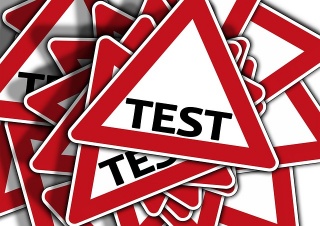Introduction to entrepreneurship/IENT103/Economics/Quiz
From WikiEducator
The questions published at the end of each learning pathway are re-used for the knowledge test for learners interested in earning a digital badge or certificate of participation for the Financing a business start-up (IENT103) micro-course. Please consult the Certify participation page for more information.
